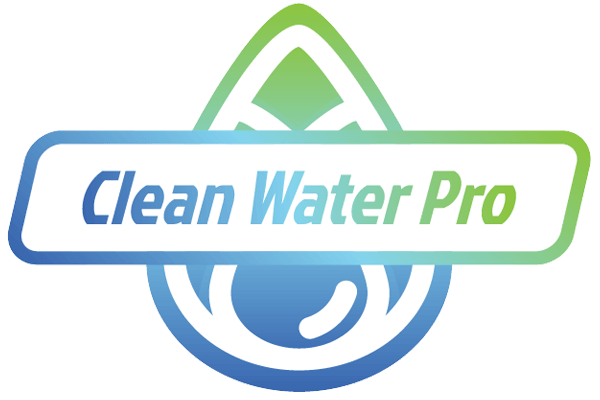Most pond enthusiasts recognize the importance of optimal water quality in maintaining a healthy pond environment. Because new pond owners might not be immediately aware of this, we wanted to do our part by helping pond owners learn what their pond needs to stay clear and vibrant. Here are seven straightforward tips to help you keep your pond water clean.
Improve Water Quality With Water Aeration
Adequate oxygen levels are vital for a healthy pond ecosystem. Consider using fine-bubble aeration systems to ensure proper oxygenation, especially during hot summer months or when ice cover forms in winter. Fine-bubble water aeration systems have the highest oxygen transfer and cost less to operate compared to coarse bubble aeration. Inquire for your free aeration design and quote!
Introduce Beneficial Bacteria Treatments
Beneficial bacteria are naturally found in ponds. They break down organic matter and reduce nutrient buildup. That’s why you’re going to want to introduce beneficial bacteria treatments in your pond. These environmentally friendly water treatment solutions improve water quality, reduce hydrogen sulfide (“rotten egg”) smell, and improve the overall health of your pond. Find our CWP Treatments exclusively at PondSupply.ca!
Limit Nutrient Inputs with a Healthy Riparian Zone
Limit fertilizer and runoff nutrient inputs to reduce the risk of excessive algae growth. This can be done by managing vegetation around the pond (also known as the riparian zone!) to prevent excessive runoff of nutrients and sediment. This buffer zone (riparian area) will also prevent grass clippings, leaves and debris from washing into the pond. In addition, naturalized shorelines provide food and shelter for many wildlife species. Carefully select native aquatic plants to help maintain a balanced ecosystem and provide a habitat for fish and other wildlife.
Regular Pond Inspection
Periodically inspect your pond to identify potential issues early on. Check for signs of erosion, leaks, or excessive algae or aquatic weed growth. Early detection can prevent problems from escalating and simplify the resolution process.
Water Quality Testing
Regularly test your pond water quality to monitor essential parameters like pH, dissolved oxygen, and nutrient levels. Maintaining balanced water chemistry is crucial for the well-being of aquatic life and the overall health of your pond. Did you know we offer an in-house lab testing service for pond water? Contact us for more info!
Manage Fish and Don’t Overfeed Them
Keep an eye on your pond’s fish population. The general guideline is to have no more than 10 inches of fish per 100 gallons of water. Too many fish can lead to excess waste and disrupt the water quality balance. It’s also important not to overfeed your fish. Overeating results in too much fish waste. Uneaten food will also decay and affect the quality of your pond water. In the summer, it’s best to feed your fish only what they can eat in five minutes and limit feedings to twice a day.
Seek Professional Advice
If you encounter complex pond issues or need clarification on certain aspects of pond care, feel free to seek our expert advice. We have over 14 years of hands-on experience and knowledge to help you maintain a healthy pond. We’ve worked on both commercial and residential projects. Plus, there’s no cost to reach out! Our team will take care of your questions and concerns. We also offer a FREE consultation that you can conveniently schedule online!
Conclusion
Remember, your pond is a living ecosystem that requires regular care and attention. By following these seven tips, you’ll be well on your way to a flourishing and picturesque pond all year round.
Here’s A Recap:
- Use A Pond Aerator To Improve Water Quality
- Use Beneficial Bacteria Treatments to Break Down Organic Matter and Reduce Nutrient Buildup
- Limit Nutrient Inputs with a Healthy Riparian Zone
- Regularly Inspect Your Pond To Identify Problems Before They Escalate
- Test Your Water to Monitor Essential Parameters Like pH, Dissolved Oxygen, and Nutrient Levels
- Don’t Have Too Many Fish and Don’t Overfeed Them
- Don’t Hesitate To Discuss Your Questions and Concerns With Our Experts
If you have any questions or need further assistance, please get in touch with our knowledgeable support team at [email protected]. We are here to support you on your pond care journey.
